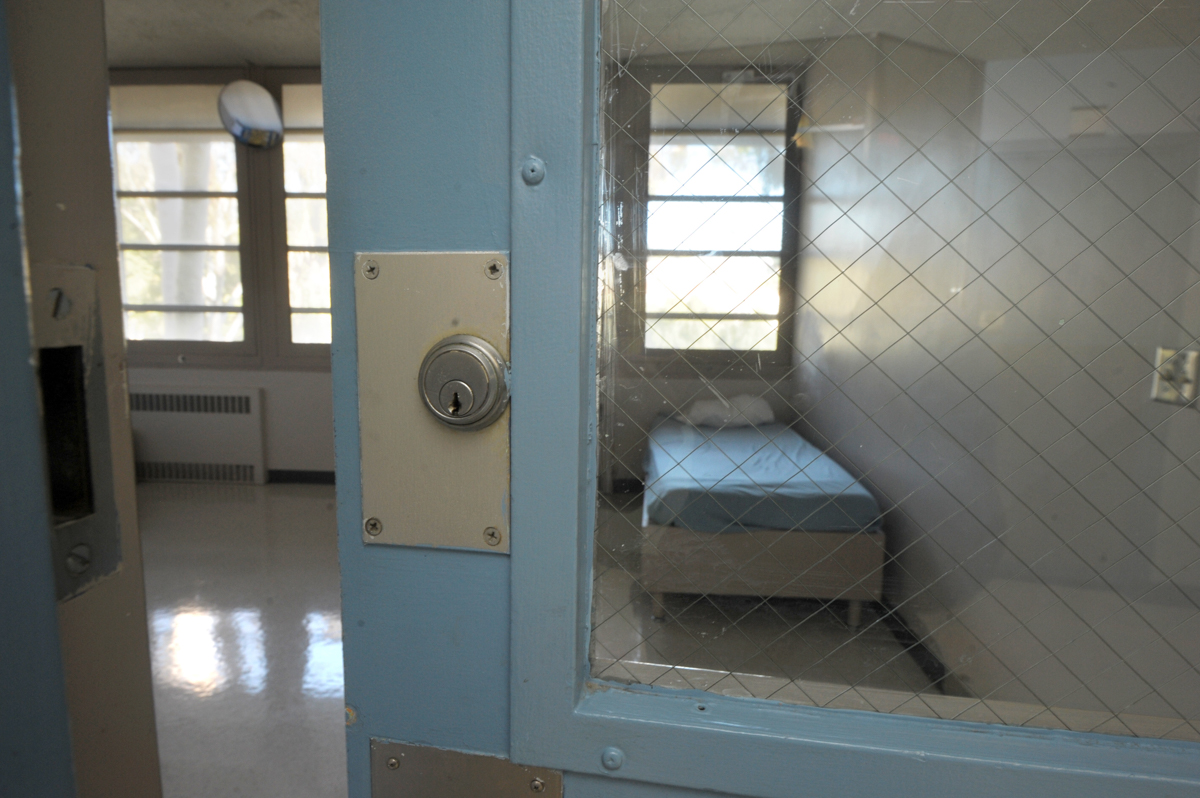Mental Health Rehab Center Takes Giant Step Forward
Community Corrections Partnership Approves Spending $3 Million to Build New Treatment Facility

At a meeting held on July 24 at the Probation Department, the Community Corrections Partnership approved spending up to $3 million to build a new facility where individuals with severe mental illnesses can be taken for ongoing mental-health treatment under locked-down supervision. The partnership also approved spending $1.1 million a year on operating costs.
Known as the Mental Health Rehabilitation Center, or MHRC, the new facility would accommodate eight patients at a time but could be expanded to handle as many as 15. The new facility, currently slated for the county-owned space on San Antonio Road formerly occupied by a methadone treatment center, could be built in as soon as two years, said Barney Melekian with the County Executive Office.
The demand for extended forensic treatment for such populations is intense and has been for decades. The county’s Psychiatric Health Facility (PHF) only has 16 beds, which are set aside for people experiencing intense but short-term mental-health crises.
At last week’s meeting, mental-health advocates praised the decision as a crucial step forward. Lynne Gibbs, a longtime advocate with NAMI (National Alliance on Mental Illness), spoke of her own daughter’s struggles with treatment and incarceration over the years. “I can’t imagine what it would be like for her staying in jail, waiting for a PHF bed,” she said. “This is a wonderful start.”
Funding would come from state funds set aside for counties to accommodate inmates released from state prisons to be supervised by local governments. But the MHRC can only succeed, warned Public Defender Tracy Macuga, at the expense of other programs. “Someone’s going to have to give up something,” she said. “Something will be cut out of all of our budgets.” Vince Wasilewski, Chief Custody Officer for the County Jail, said the county needed to more actively engage the “the CEOs of the private sector” to make the issue of mental health their own.
This is not the first time the partnership has voted to fund such a facility. In February 2017, it voted to set aside $4 million to transform the old juvenile hall into a 15-bed, locked-down mental-health hall, capable of holding “justice involved” patients for up to 90 days. Those plans tanked a year later due to design issues.



